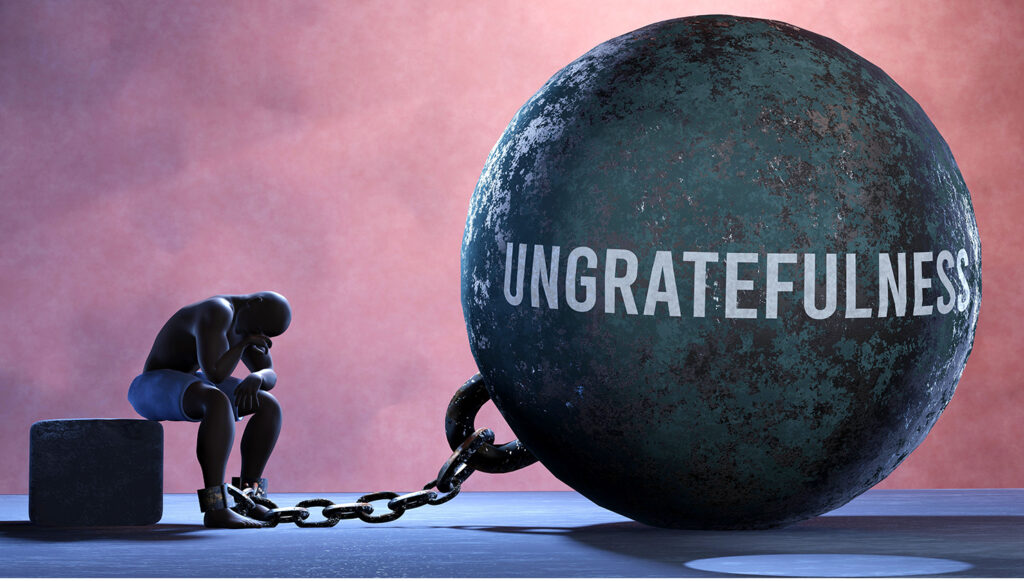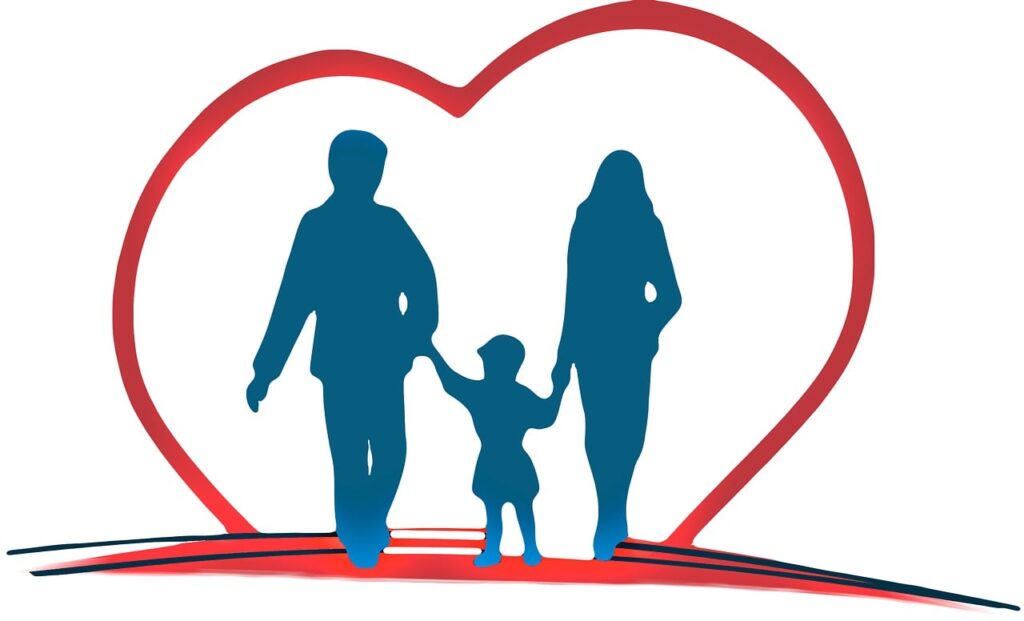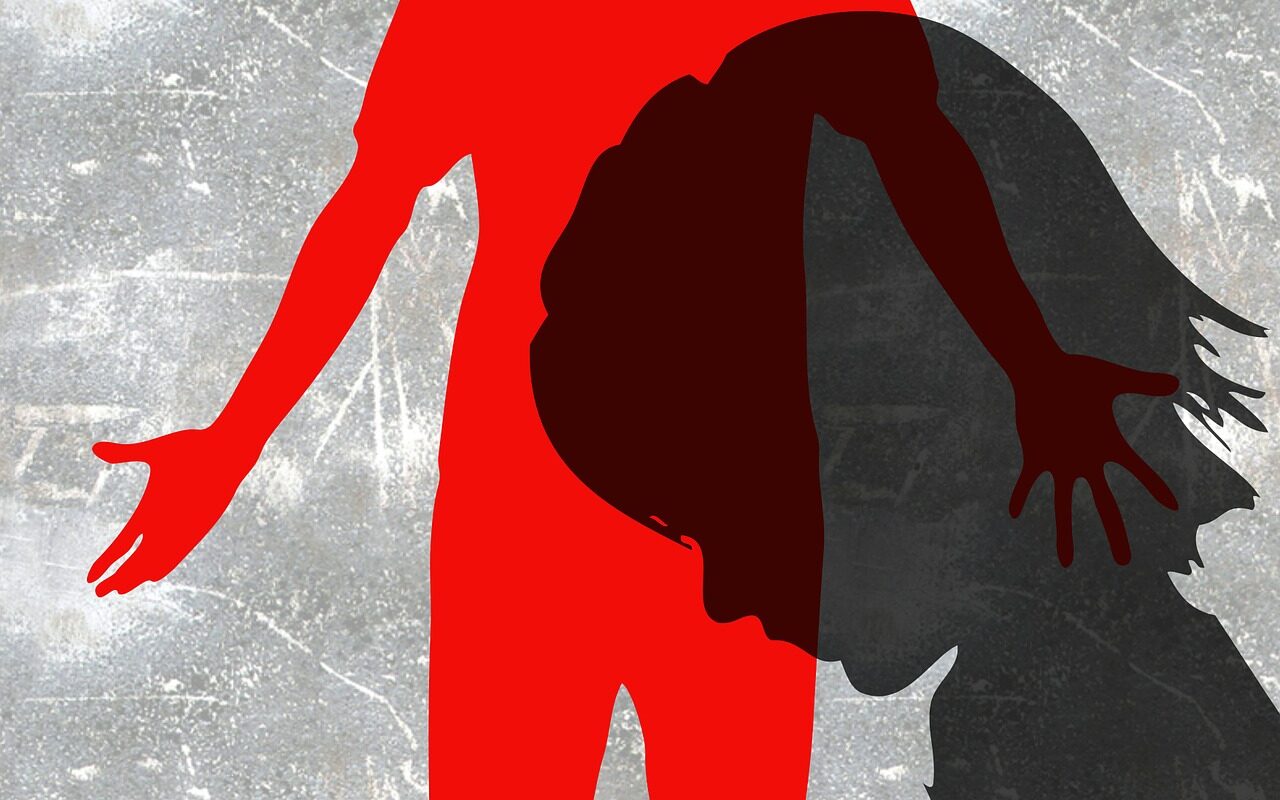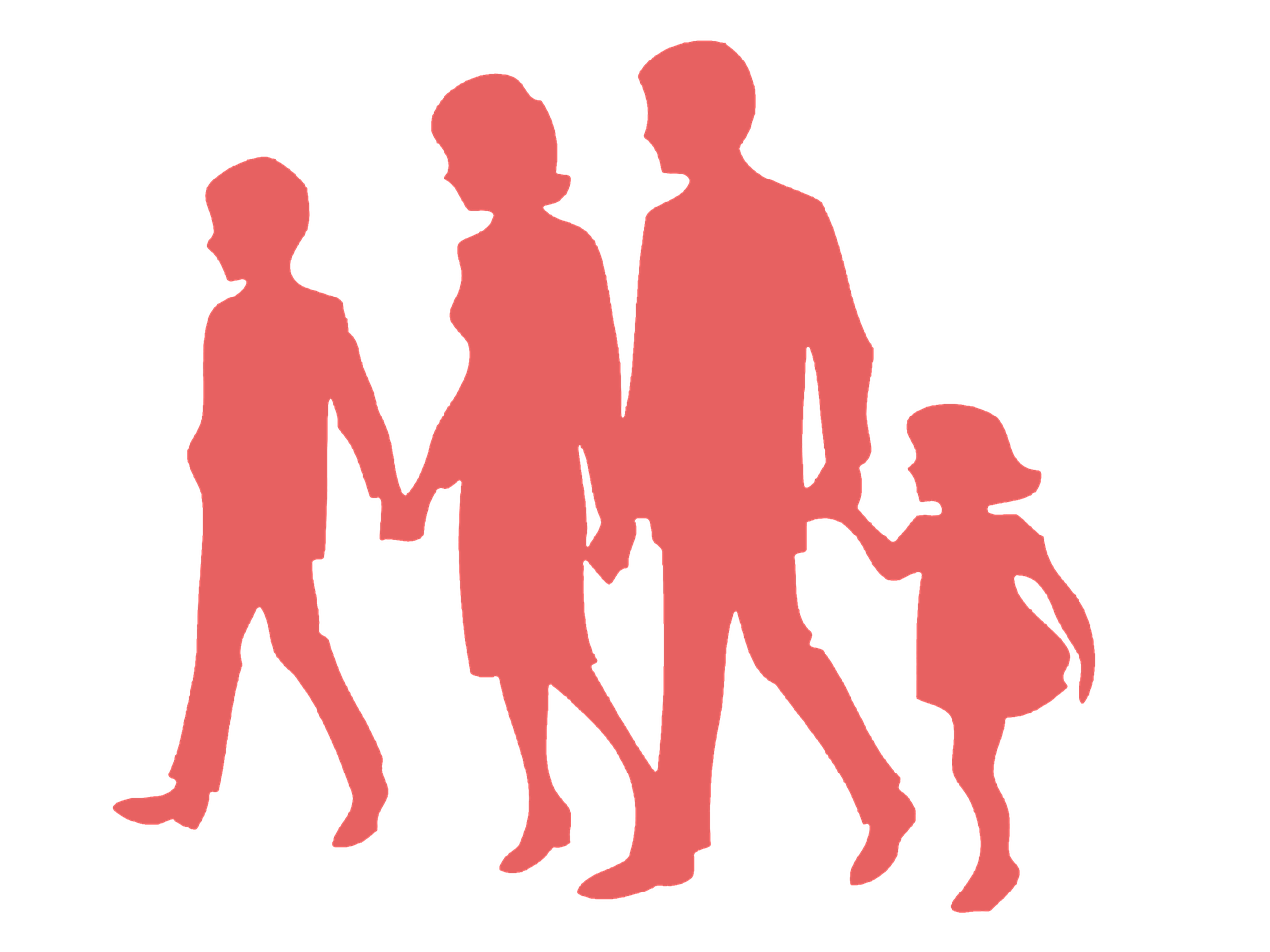
Welcome! Today we have another quiz to help you find out something that bothers you. The topic is the family, specifically the gratitude of children to their parents. Are adults right in saying that we should always be grateful to our parents for everything? We will analyze this topic thoroughly and give you the answer to this question, so stay tuned and take our special quiz – Am I Ungrateful to My Parents?
Today’s topics:
- Grateful to parents
- Happy Family vs. Dysfunctional Family
- Emotional Neglect
- Privileges and spoiling
- Am I Ungrateful to My Parents
Grateful to parents
There are some “self-evident truths” that people like to repeat without checking whether they are really true. For example, saying that opposites attract, even though psychological research and statistics prove otherwise. The same case can be made for being grateful to parents.
A lot of social and cultural pressure persists that everyone should repay their parents for everything they have received from them. But is this really the case? Is love between a child and parent based on gains and losses? The truth is really trivial, because gratitude to parents is simply an individual matter and depends on the person and their family situation.

Our parents gave us life, a fact for which we can be grateful, but this is not always the case. Sometimes parents give us life, which is only suffering for us – should we be grateful then too? As you can see, the issue is quite complicated. What everyone should remember is that it was not our decision to come into this world. The responsibility in this case is with the parents, they are the ones who decided to raise the child.
Therefore, psychologists advise that our relationship with our parents should not be based on guilt, because this is very unhealthy. To better understand the topic, we will consider various family situations and analyze them in terms of gratitude. And if you want to find out whether you, too, should be grateful to your parents, take our Am I Ungrateful to My Parents quiz!
Happy Family vs. Dysfunctional Family
In a happy family, where relationships are based on love and trust, feeling grateful is not a big problem. In an ideal family, parents raise a child without expecting anything in return from the child. Because love between parent and child should be selfless. Children, on the other hand, naturally express gratitude – by reciprocating love and nurturing relationships with their parents.
However, when there are some problems and crises in the family, then showing gratitude can also be more difficult. The vision of the family in commercials and movies often points only to that happy family in which every problem is easily solved. Because of this unrealistic vision of the family and our own experiences, we may have no idea what dynamics can occur in other families. Especially if we had a happy childhood, we may not even be able to imagine what kind of cruelty occurs in other families.

Of course, sometimes you probably hear about violence or abuse of various types in the news. You think then that these are isolated cases, but due to stigma and pressure, the victims usually don’t admit it, which is why it seems so rare to us.
As an example, we can mention Jennette McCurdy, an actress and singer who hid her heavy relationship with her mother for many years. Only recently she published a book, with the title, I’m Glad My Mother Died. As you can see, she had nothing to be grateful for her mother, who turned her life into hell. The title may seem exaggerated and controversial to you, but if you read the book you will understand Jennette and her situation.
Emotional Neglect
But even when such abuse is not taking place, families that seemingly appear normal and problem-free can actually still be dysfunctional. There are also other forms of abuse or issues that are not as intense and visible, but still negatively affect children in particular. This is, for example, emotional neglect. Children who have experienced emotional neglect from their parents throughout their lives have to deal with the consequences of this.
Emotional neglect is a form of abuse that is usually unintentional. Parents often do not even realize that they are hurting their children. It involves situational or systematic failure to meet a child’s emotional needs. Children are ignored, disregarded and invalidated by their parents. Parents do not take as much interest in the child as they should. They may meet the child’s basic needs, such as ensuring safety, taking care of physical health, feeding, washing, generally providing good living conditions.
However, they fail to fulfill their roles in the emotional zone. Parents do not spend enough time with the child, the child usually only plays with siblings or friends. When the child expresses intense emotions, he or she is calmed down so as not to cause problems for the parents.
Often parents in such cases see their children as calm and trouble-free, and are even proud to have such polite children. However, they do not realize what their children are experiencing internally. A child constantly ignored and silenced by his parents feels unimportant, not good enough, worthless. Such people have struggled with low self-esteem and insecurity since childhood.

They have trouble opening up to people and expressing their emotions because they fear rejection. Often such children also don’t get enough closeness, their parents don’t hug them or express love physically or even verbally. For such people, saying I love you to their parent is a very hard and awkward experience, they usually don’t do it. How then should they be grateful? In such children, gratitude is disturbed because the main effect of emotional neglect is to blame themselves for everything.
And because of the constant feeling of guilt, these children feel a constant need to finally make themselves useful to their parents for something, thus they feel that they have to repay their parents for everything.
This excessive gratitude is not healthy, and it will not solve these children’s mental problems. Even as adults, children will fight for their parents’ attention, which they have always lacked. If they don’t receive proper therapeutic help, they may feel bad about themselves all their lives.
Privileges and spoiling
When we talk about lack of gratitude, spoiled children who do not respect their parents first come to mind. Such situations also happen, but before we judge ourselves and others in this way, it’s also worth thinking about the problems we outlined in the paragraphs above. Because not every ungrateful child is the stereotypical spoiled kid that people despise.
It is always necessary to know the individual situation of a person. But sometimes it can also be the case that it is precisely this pampering and unawareness of privilege that is the problem. Especially in rich families, you can see this pattern. People growing up in such families have all their needs and also their whims fulfilled.
Do you want to know how to be more grateful to your parents? Click here!
They get everything they dream of. Their unawareness of how the family situation can be different, they don’t realize how lucky they are. Their relationship with their parents can still be problematic and dysfunctional, let’s not forget that. Their parents may not have enough time for them. But when their relationships are healthy, they may also underestimate their good relationships. This can happen regardless of the financial situation.
When we are used to prosperity and don’t see how different our lives could have been if we had been born into a different family, we may not appreciate it. People who are not grateful to their parents and do not appreciate them, although they should, have problems with empathy. Because it is empathy that is responsible for proper and healthy relationships.
Lack of empathy is underdevelopment of higher feelings such as love. The exact causes of the lack of empathy are undiscovered, but it is suspected that genetic factors and socialization have an impact. The opposite of empathy is egocentrism.
Egocentrics place themselves at the center of the world and often lack the ability to accept views other than their own. They are unable to understand that other people have feelings, too. And egocentrics are the spoiled children who should work on their sense of gratitude.
Am I Ungrateful to My Parents?
Now that you know all about gratitude to parents you can take our Am I Ungrateful quiz. Consider your self-centered behavior if you find that you should be more grateful. And if your score shows that your level of gratitude is appropriate, then don’t beat yourself up that you should repay your parents for everything, because that’s not what love is about. If you have parents you want to maintain a relationship with, then take care of them and spend more time with them!
If you have problems with your parents you should also take these tests – the Daddy Issues Test, the Mommy Issues Test and the Abandonment Issues Test.
Should I be grateful to my parents for basic things like food and a place to live?
No, providing for a child’s basic needs is a parent’s responsibility. Children should not feel the need to repay them for this.
Why am i so mean to my parents?
Perhaps you have some unworked conlficts, and your anger is a cry for help. Contact a psychologist if your problem is overwhelming you.

